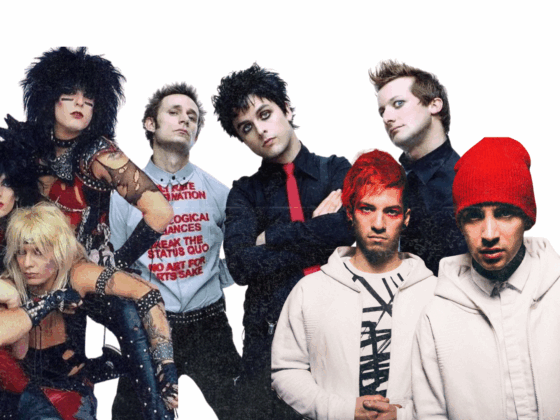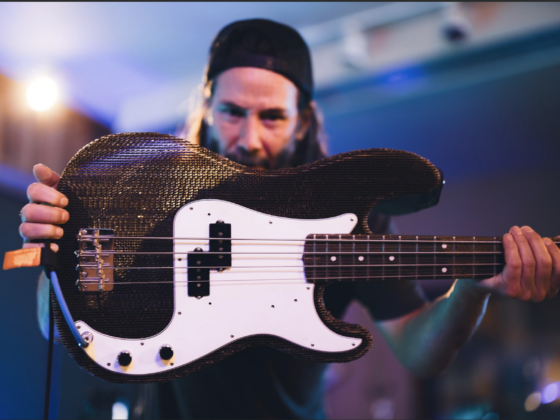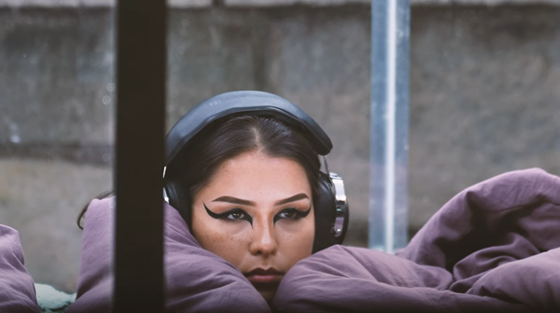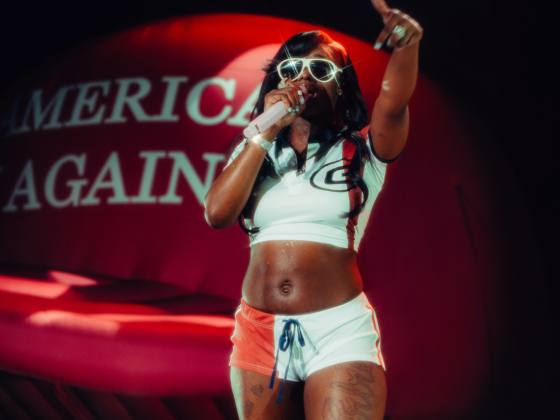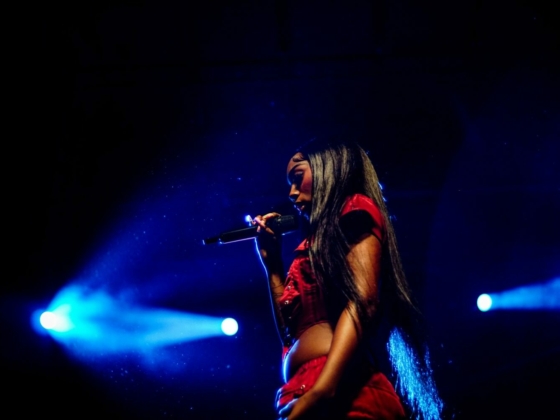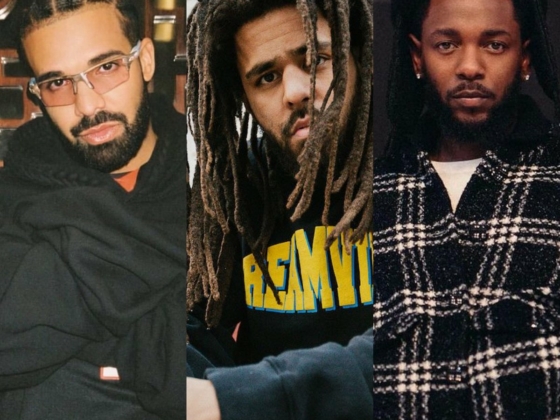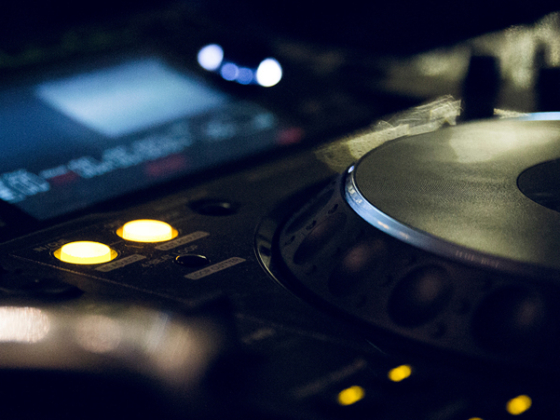I believe it's incredibly important for both women and men to equally discuss issues of gender equality. Only when both sides are working together —towards having these conversations and creating solutions— will there ever be true change.
In the three weeks since release, Beyonce's latest offering, Lemonade, has gathered extensive critical appraisal as the pinnacle record of the pop star’s lengthy musical career. This article does not dispute that. The lyrical and visual references in Lemonade speaking on topics of slavery, rioting, racial and female strife in America—all while blending old-world jazz and folk with modern instrumentals—clearly cement Beyonce's place in the pantheon of pop music legends. Her use of an all-female back-up dance crew and her 10-piece all-female band, The Sugar Mommas, on tour is something that the rest of the industry should continue to build upon. But, while taking a closer look at the album, we find that there's still a severe lack of female presence within the fields of production and engineering and that's not a Beyonce issue, it's an issue for society.
When analyzing the major players credited on Lemonade, the following is seen:
Of the 16 producers, only 1 was female.
Of the 56 total writers, only 6 are female.
These numbers are a call to action for the music industry!
Of course, there are Wynter Gordon and Big Freedia who achieved production, songwriting and vocal credits on various tracks including "Don't Hurt Yourself," "Sorry," "Daddy Lessons” and "Freedom." These are very talented artists in their own right. However, the issue lies in the already minimal number of female artists on the list, the rest of which had only minor contributions warranting credits.
A deeper dive into the album does reveal some more women that worked behind the scenes on the album. In tracks like, "Pray You Catch Me," "Don't Hurt Yourself," and "All Night" a 33-piece string section was brought in, of which 19 of the musicians were female. Beyond that highly talented group of musicians, we still find that the sound engineers, mixers and even the studio assistants on Lemonade are all male.
"We have a lot of work to do, but we can get there if we work together. Women are more than 50 percent of the population and more than 50 percent of voters. We must demand that we all receive 100 percent of the opportunities." Beyonce Knowles-Carter, The Shriver Report 2014
A few questions: Is it still a win when you can get a group of the industries most talented men to work tirelessly in the studio to produce a chart topping album on womanhood? If the end album is so incredibly superb on every level, does it matter?
Is it because female producers are still just too few and far between to find? There's no question that there's still a lot of room left for breaking the male-dominated studio culture and encouraging younger women to become engineers and music producers. In 2010 the Nashville Scene reported that fewer than 5% of all professional producers and engineers are women. Since it's inception in 1974, only six females have ever been nominated for best producer at Grammys with not one ever winning the title.
However, there are some female producers out there that could have been brought on like WondaGurl, who sent Drake the beat for his track “Used To” and she even crafted the beat for Jay-Z's “Crown.” Maybe even look at Crystal Caines whose produced amazing work with A$AP Ferg and was even a sound engineer on his 2013 debut album Trap Lord. The first female to join Flying Lotus’ crew/label BRAINFEEDER, TOKiMONSTA, could have easily been brought in to share her incredible skill for crafting new sounds. But even with a handful of these producers out there, we still have incredible hurdles set in place for women to deal with before even seeing these higher technical opportunities.
The even bigger question: Does it even matter if the true message of the album is still achieved? I'm not sure. In a perfect world, we can only hope to someday get to a place where artists that represent female empowerment won't have to keep focusing on pushing gender equality to the front of the stage and direct attention to bringing in an equal amount of men and women to work on the production in the back as well.
For me, the previously mentioned numbers represent the incredible uphill battle still left for gender equality in the production end. Women are still subjugated to the studio patriarchy of the "boys club", often being typecast into roles that offer less prestige in the actual production or appear to be less technically difficult (e.g. bass guitar or singing; you rarely have a female lead guitarist) Moreover, Beyonce is a symbol of deconstructing male privilege, so this doesn't conflict or undermine her message. This article is only meant to shine greater light on the production credits of albums and the room that's still left to keep promoting and encouraging more technical roles for women.
As a male music writer, what am I doing to promote these technical roles for women? For starters, it's a question that researching this article puts into greater light. While we strive to make sure our coverage allows for an equal representation fo sex and gender, it's important to shine a light on positions typically dominated by certain sex. Here are a few links to some organizations working to change that below:
Connect with Women In Music (WIM): Official Site | Facebook | Twitter
Connect with Women's Audio Mission: Official Site | Facebook | Twitter
Connect with NapGirls: Official Site | Facebook | Twitter


